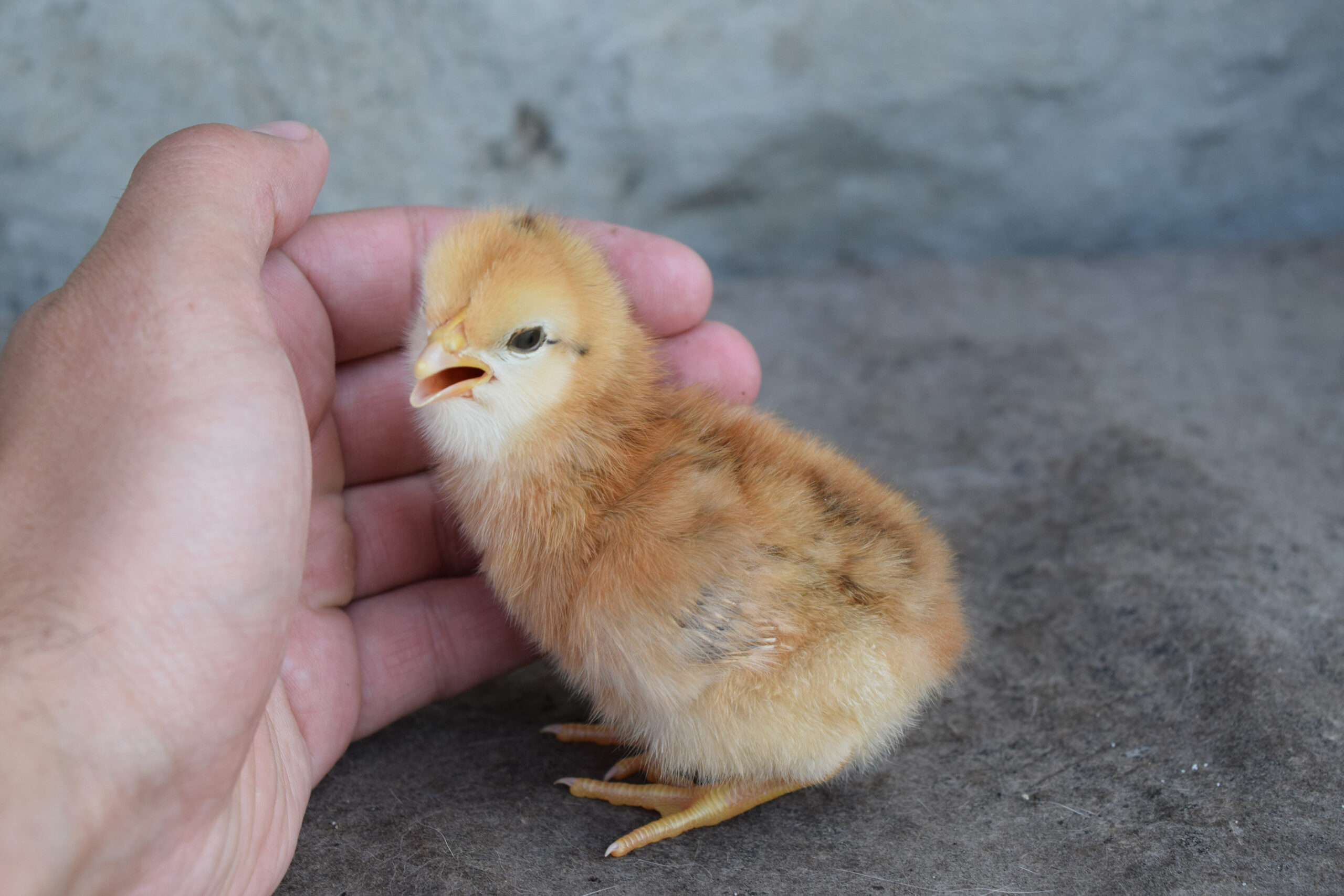If you’ve been tending your home farm as a hobby, it may have crossed your mind to turn it into a business. Starting and running a small farm business can be challenging but rewarding if done right. Here are some tips on how to transition from being a hobbyist farmer to becoming a professional one.
Introduction: What is Home Farming and Why Turn it into a Business
Home farming refers to growing crops or raising animals at home for personal use or commercial purposes. Many people start home farming as a hobby, but over time, they realize that they could make money by selling their homegrown products. If you’re passionate about farming and want to take the next step in turning your hobby into a full-time job, here are some tips to help you succeed.

Tips for Transitioning from Hobbyist to Professional Farmer
1. Identify your niche – Determine what kind of produce or livestock you want to focus on and research the market demand for those products.
2. Develop a business plan – Create a detailed plan outlining your goals, target market, production process, financial projections, and marketing strategies.
3. Secure funding – Depending on the scale of your operation, you may need financing to cover startup costs such as equipment, seeds, and animal feed. Consider applying for loans or grants available specifically for small agricultural businesses.
4. Choose the right location – Select a site with good soil quality, adequate water supply, and access to transportation routes for easy distribution of your products.
5. Invest in infrastructure – Build structures like greenhouses, barns, and storage facilities to protect your crops and animals from weather conditions and pests.
6. Purchase equipment – Buy necessary tools and machinery such as tractors, harvesters, and irrigation systems to increase efficiency and productivity.
7. Hire employees – As your business grows, consider hiring additional hands to help with planting, harvesting, and other tasks. Make sure to follow labor laws and provide proper training and compensation.
Marketing Your Homegrown Products Effectively
Once you’ve established your farm business, you need to promote your products effectively to attract customers. Here are some ideas for successful marketing:
1. Attend local farmers markets – Sell your products directly to consumers at farmers markets where you can build relationships with customers and educate them about your farm.
2. Establish a brand identity – Create a unique logo, tagline, and packaging design to differentiate yourself from competitors and establish trust with customers.
3. Utilize social media – Use platforms like Facebook, Instagram, and Twitter to showcase your products, share recipes, and engage with potential clients.
4. Collaborate with chefs and restaurateurs – Partner with local chefs and restaurants to feature your products on their menus and reach new audiences.
Managing Finances and Legal Aspects of Running a Small Farm Business
Running a small farm business requires careful management of finances and legal aspects. Here are some things to consider:
1. Keep accurate records – Maintain detailed financial records including income statements, balance sheets, and cash flow statements to track expenses and profits.
2. Set prices – Determine pricing strategies based on production costs, competition, and customer demand while ensuring profitability.
3. Pay taxes – Be aware of tax obligations such as income tax, sales tax, and property tax and file all necessary forms timely.
4. Obtain permits and licenses – Apply for required permits and licenses related to food safety, environmental regulations, and animal welfare.
Maintaining Quality Control in the Production Process
Quality control is essential to ensure customer satisfaction and repeat business. Here are some ways to maintain high standards in your production process:
1. Implement Good Agricultural Practices (GAP) – Follow GAP guidelines to minimize risks of contamination during production, handling, and transportation of crops.
2. Conduct regular inspections – Inspect your crops and animals regularly for signs of disease, pests, or other issues and take appropriate action promptly.
3. Test your soils – Analyze your soil annually to determine nutrient levels and adjust fertilization accordingly.
4. Monitor water quality – Ensure that your irrigation water is free of contaminants that could harm your plants or animals.
In conclusion, starting and running a small farm business can be challenging but rewarding if done correctly. By following these tips, you can successfully transition from being a hobbyist farmer to becoming a professional one. Remember to always prioritize quality control, effective marketing, and sound financial management to achieve long-term success.





